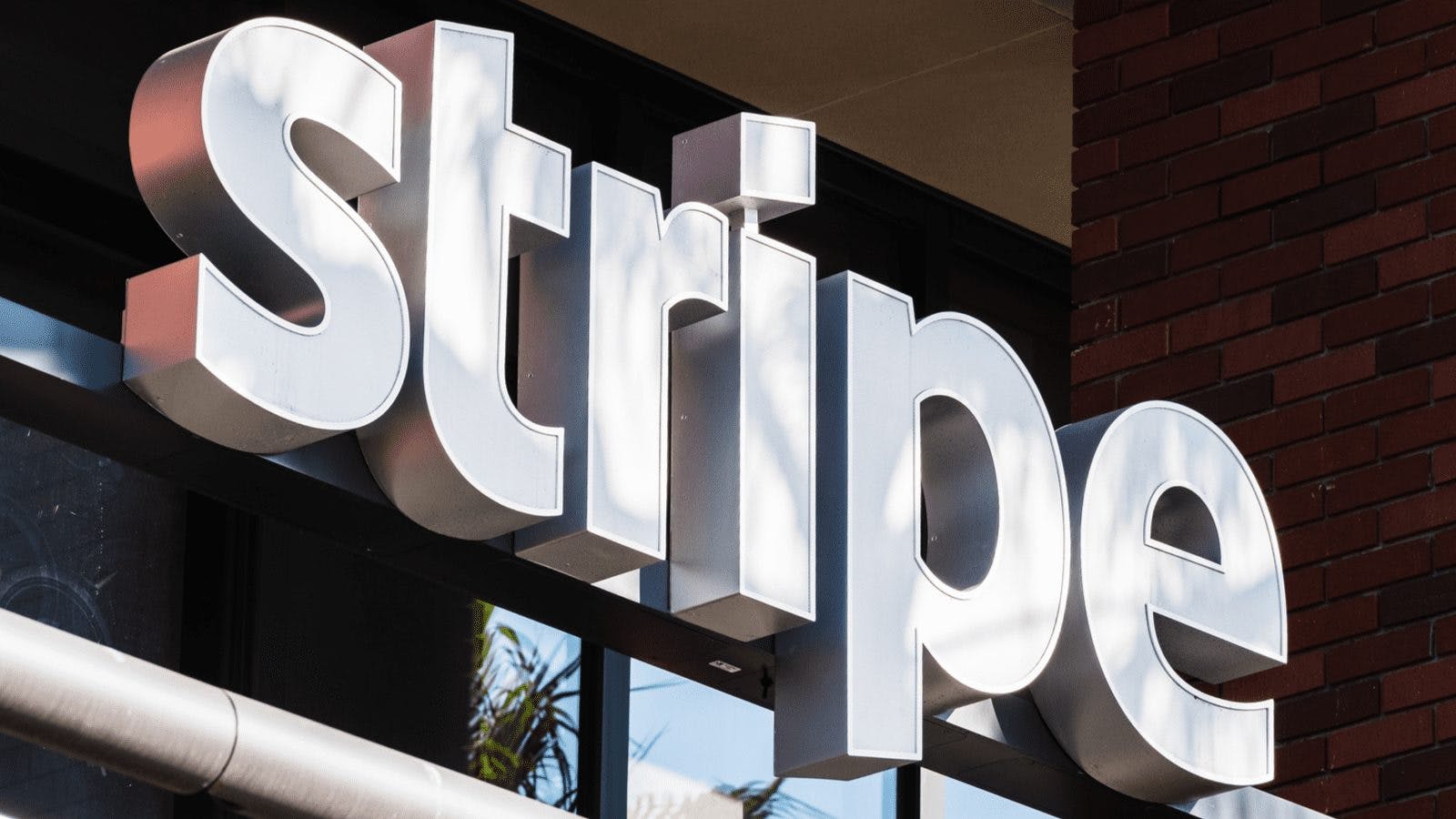Stripe Jumps Back Into Crypto, Providing New Payment Options for Consumers and Companies
The partnership with FTX and others will enable new payment channels and easier verification of users

Source: Shutterstock
- Crypto companies have privately complained about poor authorization rates and reliability, Stripe spokesperson says
- Stripe helps FTX users buy crypto and helps the exchange weed out potential fraudsters from legitimate customers
Payments company Stripe is delving back into crypto, offering support for the space’s exchanges, on-ramps, wallets and NFT marketplaces, and has partnered with FTX and Blockchain.com.
Stripe became the first major payments company to support bitcoin payments in 2014 but ended its support of the cryptoasset in 2018.
“Crypto is going mainstream,” the company wrote in a Thursday blog post. “To better support our customers and continue to grow the GDP of the internet, we are working to give crypto businesses access to today’s global financial infrastructure.”
Stripe co-founder John Collison tweeted that the company would offer crypto businesses “not just pay-ins but payouts, KYC and identity verification, fraud prevention and lots more.”
Crypto derivatives exchange FTX and its US affiliate, FTX US, announced Thursday that they will use Stripe to build an onboarding and identity verification flow for users joining the exchange, and to enable payments for users adding funds to their FTX account.
President of FTX US Brett Harrison earlier said integrating with Stripe would provide “greatly increased speed of KYC processing, higher rates of automated approvals and a smoother [user experience] for our customers.”
Stripe allows FTX users to purchase crypto with debit cards and automated clearing house transactions directly from their bank, according to a Thursday statement. Stripe Radar uses machine-learning models and signals, such as customer details and billing information, to weed out potential fraudsters from legitimate customers.
“Crypto companies have been poorly served by other payments providers, with many privately complaining of poor authorization rates and reliability,” a Stripe spokesperson told Blockworks. “We are bringing world-leading payments infrastructure to help crypto companies offer better on-ramps for new and existing users.”
Transacting with crypto has historically been too difficult for the average user or business, according to Matthew Gould, founder and CEO of blockchain company Unstoppable Domains.
“The fear of sending money to the wrong address or paying too much in fees has hindered mainstream adoption, and it’s great to see companies like Stripe working to solve this,” he told Blockworks. “Stripe has already penetrated the payments market, and now its users will have better access to secure crypto transactions through a single integration.”
With headquarters in San Francisco and Dublin, Stripe, founded in 2011, supports millions of companies in 120 countries.
“It is wonderful to see traditional payment companies starting to integrate digital currency payments for vendors and consumers,” Nina Tannenbaum, head of business operation at blockchain protocol Algorand, said. “We are seeing growing adoption of the payments and remittance sector on Algorand, and can appreciate how organizations like Stripe are helping to drive more mainstream adoption of digital assets.”
Get the news in your inbox. Explore Blockworks newsletters:
- The Breakdown: Decoding crypto and the markets. Daily.
- 0xResearch: Alpha in your inbox. Think like an analyst.






